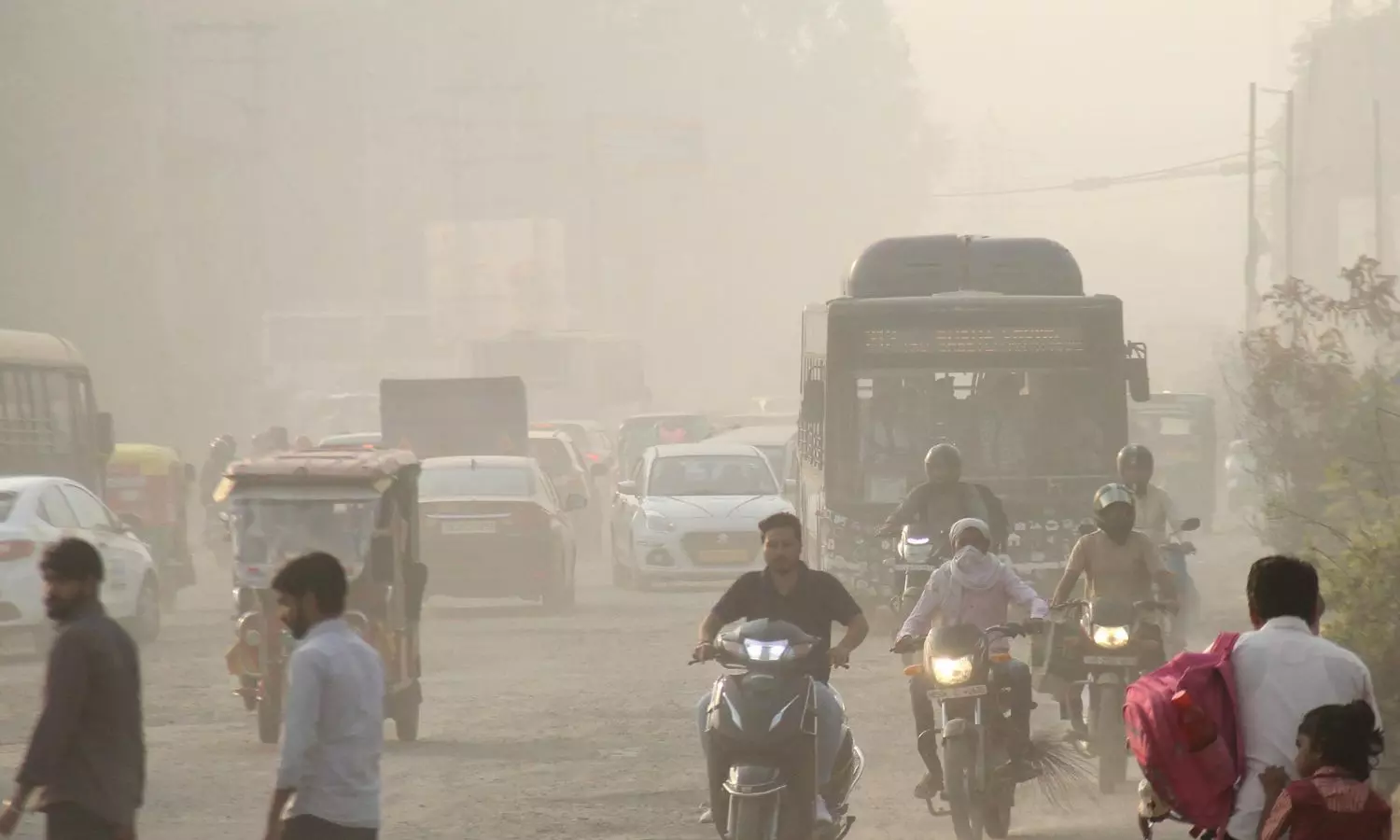Delhi Air Pollution: GRAP-4 Restrictions Reimposed-What's Allowed & What's Not
Delhi imposes GRAP-4 restrictions as air quality worsens to 'severe' category. Key measures include curbs on diesel trucks, construction bans, 50% work-from-home directives, and hybrid learning for schools in Delhi-NCR. Learn what's allowed and what's not under GRAP Stage 4.
Delhi Air Pollution: GRAP-4 Restrictions Reimposed-What's Allowed & What's Not

Delhi News: As the Delhi AQI dropped to the higher end of the 'very poor' category in the capital, the GRAP-III was invoked in Delhi-NCR within hours. Soon after, the Commission for Air Quality Management proceeded to enforce the highest level of curbs in the region (GRAP-4) when air quality crossed into the 'severe' zone at 10 pm.
For the first time this season, Delhi imposed the GRAP Stage 4 action this November after continuous high pollution levels were recorded in the city and its neighbourhood. Subsequently, on 5 December, the Supreme Court permitted the CAQM to downgrade the GRAP-4 restriction to Stage 2 after air quality improved in the Delhi-NCR regions.
During winters, Delhi imposes GRAP restrictions, which have established the different gradings of air quality in four grades: Stage I (Poor, AQI 201-300), Stage II (Very Poor, AQI 301-400), Stage III (Severe, AQI 401-450), and Stage IV (Severe Plus, AQI above 450).
What’s allowed what’s not in Grap4
Grap4 restrictions in Delhi on trucks entering Delhi, except for a few carrying essential goods or services and vehicles operating on fuels such as LNG or CNG electric or BS-VI diesel.
Heavy-grade diesel vehicles of the pre-BS-IV standard being registered in Delhi will not be permitted, except for those carrying essential services or essential commodities.
Works in construction and demolition (C&D) will also be banned under GRAP Stage III for linear public projects, which include highways, roads, and flyovers, as well as power transmission lines, pipelines, and telecommunications infrastructure.
Hybrid learning, which is a combination of online and off-line methods, becomes mandatory for students of Classes VI to IX and XI in the schools of Delhi and in districts such as Gurugram, Faridabad, Ghaziabad, and Gautam Buddh Nagar where possible, with the choice left to students and parents for online learning.
In other districts of NCR, implementing hybrid learning models in schools would be encouraged based on viability.
Public, municipal, and private offices within the NCR will be directed to work at 50% on-site capacity while the remaining staff will have to work from home.
The Central Government would be recommended to think about work-from-home for its employees working in central government offices.
States need to apply the emergency shifts, which include closing down colleges and non-essential commercial activities. It entails an odd-even scheme for the movement of private vehicles.

